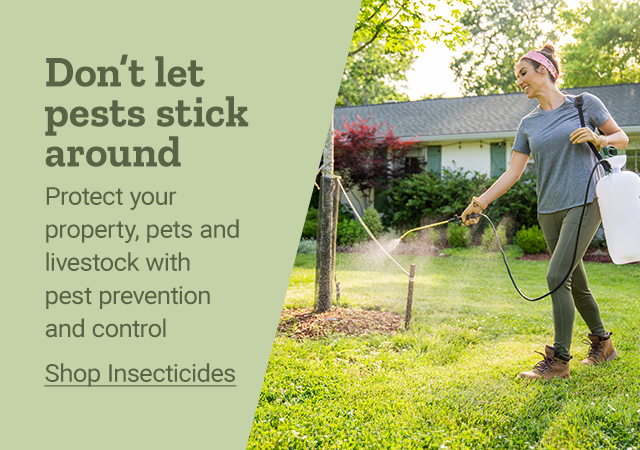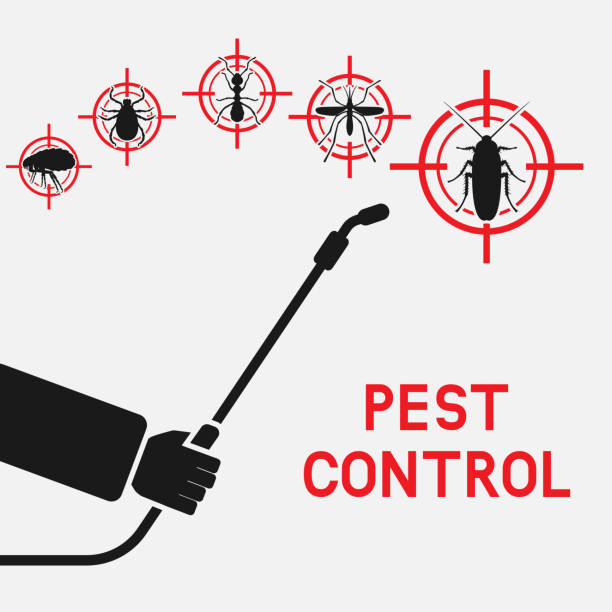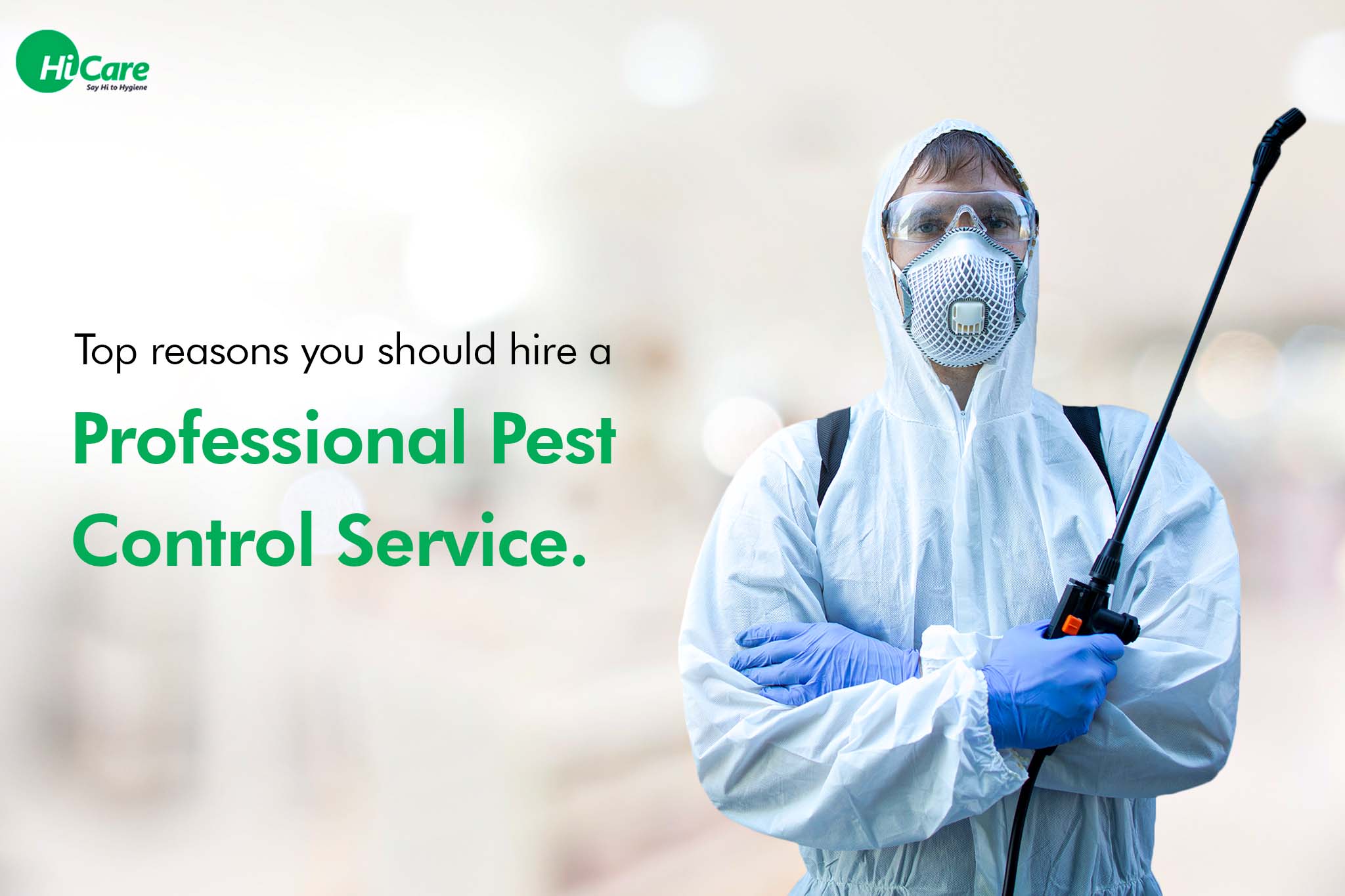Top-tier Mosquito Control Services for a Pleasant Outdoor Living Space
Reveal the Significance of Insect Control in Keeping a Healthy Setting and Therapy Strategies

The Function of Parasites in Ecological Communities
Parasites, usually checked out entirely as nuisances, play a diverse role in communities that is vital for keeping environmental equilibrium. They add substantially to numerous eco-friendly processes, consisting of pollination, nutrient biking, and parasite control. Many insect varieties, such as butterflies and , are vital pollinators for a large variety of plants, which in turn supports biodiversity and food production.
In addition, parasites serve as victim for many predators, producing a critical web link in food internet. This interdependence ensures the survival of numerous varieties and helps manage populaces within ecosystems (Termite treatment Port Charlotte). Furthermore, decomposer bugs, such as certain beetles and fungis, contribute in breaking down natural matter, hence enhancing dirt and helping with nutrition recycling.
On the other hand, while pests can be valuable, their overpopulation or intrusion right into non-native atmospheres may disrupt these eco-friendly functions. This complexity underscores the value of understanding parasite characteristics, as efficient parasite management approaches have to take into consideration both their environmental roles and potential influence on human activities. Balancing pest visibility while decreasing harm is important for preserving the integrity of ecosystems and making sure agricultural efficiency.
Wellness Risks Connected With Insects
The presence of bugs in different environments expands past their eco-friendly functions, as they also pose considerable health and wellness threats to animals and people. Several pests, including rodents, bloodsuckers, and bugs, are carriers of conditions that can have major health and wellness effects. For circumstances, rats are recognized to send hantavirus and leptospirosis, both of which can cause severe respiratory system and kidney problems, respectively.
Insects such as insects and ticks are infamous for spreading vector-borne conditions like malaria, dengue high temperature, and Lyme condition. These health problems can result in high morbidity and death prices, specifically in susceptible populaces. In addition, pests like bedbugs and roaches can intensify allergic reactions and bronchial asthma, contributing to respiratory system issues in individuals, particularly those with pre-existing conditions.
Additionally, the presence of insects can cause psychological stress and anxiety and pain, influencing overall health. Contamination of food and surfaces by insect droppings and remains can bring about foodborne health problems, highlighting the value of maintaining sanitary problems. As a result, recognizing the health threats related to insects is crucial in recognizing the requirement of efficient bug monitoring techniques to protect animal and human health.

Advantages of Efficient Parasite Control
Reliable bug control is essential for keeping a risk-free and healthy environment, as it consistently reduces the countless dangers associated with pest problems. Among the key benefits of effective bug management is the decrease of carcinogen. Insects such as rats, cockroaches, and mosquitoes are vectors for illness that can influence both pet dogs and humans. By regulating these populaces, the chance of disease transmission is significantly lowered.
In addition, reliable pest control safeguards property and structures from damages. Several pests, like termites and woodworker ants, can cause comprehensive structural damages that may call for pricey repair work. By proactively taking care of these services, property owners and invasions can shield their investments.
An additional considerable advantage is the renovation of general lifestyle. A pest-free environment adds to mental health and lowers tension connected with infestations. Reliable pest control fosters a more secure setting for pet dogs and youngsters, making sure that homes stay havens complimentary from harmful chemicals and disease-causing organisms.
Common Pest Control Methods

In the realm of parasite administration, numerous methods are utilized to fight infestations properly. These strategies can be generally categorized into three primary approaches: social, mechanical, and chemical controls.
Cultural control involves customizing techniques to reduce bug reproduction, survival, and facility. This may include crop turning, proper hygiene, and environment adjustment, which jointly produce an environment less helpful to pest expansion.
Mechanical control uses physical methods to get rid of parasites (Termite treatment Port Charlotte). Techniques such as traps, barriers, and vacuums are typically used to straight eliminate pests from a location. This strategy is specifically effective for managing rats and pests without using dangerous chemicals
Chemical control entails the application of pesticides to handle insects. These compounds can be categorized into pesticides, fungicides, and herbicides, each targeting certain kinds of pests. It is critical to use these chemicals deliberately, adhering to safety and security standards and regulations to lessen prospective injury to non-target species and the atmosphere.
Each parasite control strategy has its benefits and limitations, and often, an look what i found integrated technique combining several methods generates the best lead to keeping a pest-free setting.
Sustainable Insect Management Practices
Sustainable pest management methods include a variety of methods made to reduce ecological impact while efficiently controlling bug populaces. These practices focus on the usage of environmentally friendly techniques over chemical pesticides, thereby minimizing the danger of damage to non-target species, including helpful bugs, wildlife, and humans.
Integrated Insect Monitoring (IPM) is a keystone of sustainable practices, integrating biological, social, mechanical, useful link and chemical strategies to handle parasites. As an example, organic control involves introducing natural killers or parasites to suppress pest populations. Cultural techniques, such as plant rotation and polyculture, disrupt pest life process and enhance ecological community strength.
Mechanical approaches, such as obstacles or catches, can efficiently prevent bug gain access to without chemical intervention. In addition, maintaining healthy and balanced ecosystems through proper soil management, plant health, and biodiversity can naturally minimize pest concerns.
Education and awareness are crucial elements, encouraging people and areas to identify pest threats early and execute safety nets. Termite treatment Port Charlotte. By promoting an all natural approach that stabilizes bug control with eco-friendly honesty, sustainable insect monitoring practices not only safeguard plants and frameworks yet also add to a healthier environment for future generations
Verdict

Comprehending the health threats connected with parasites is critical in acknowledging the necessity of efficient insect management techniques to secure human and animal wellness.
Effective pest control is important for keeping a safe and healthy environment, as it constantly minimizes the many threats associated with parasite infestations.Integrated Pest Monitoring (IPM) is a foundation of sustainable techniques, integrating biological, social, mechanical, and chemical strategies to manage insects. By comprehending the role of parasites, recognizing associated wellness risks, and employing varied therapy methods, a lasting approach to pest monitoring can be achieved. Integrated Pest Management (IPM) stresses an all natural technique that mitigates harm to valuable organisms while effectively controlling bug populaces.